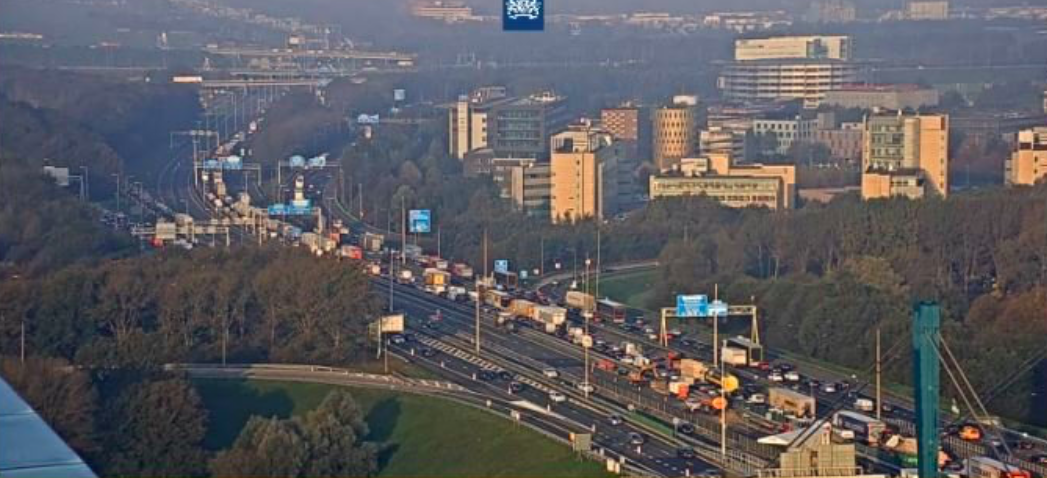A significant share of Dutch transport and logistics companies is expected to fall into foreign hands within the next decade, according to a new analysis published by Rabobank on 22 April 2025. The article, written by Henry Steenbergen, Director of Transport and Mobility at Rabobank, outlines the growing trend of foreign takeovers and highlights the challenges facing Dutch transport businesses.
“The Dutch transport and logistics sector belongs to the international top,” Steenbergen wrote. “But while domestic sentiment about the sector is not always positive, foreign companies and investors view our transport firms with great interest.”
Rabobank points to several factors driving this development, including sector consolidation, the ageing population of business owners, rising operational complexity, and the high costs associated with sustainability investments. Steenbergen notes that most current owners are reaching the end of their careers and often lack successors, with many expected to sell their businesses within the next 10 years.
Consolidation is accelerating, he explained, because buyers prefer larger companies.
“The process in which more and more smaller enterprises disappear and large companies emerge is called consolidation or scaling up,” Steenbergen stated.
For small businesses, increasing demands around reporting obligations, automation, cybersecurity, and personnel management are becoming harder to manage independently.
Rabobank also highlights the impact of environmental regulations. Dutch firms, the report says, face stronger pressure to decarbonise than many of their European counterparts, which forces them to prioritise investment in green technologies over expansion through acquisitions.
“Because you can only spend a euro once, Dutch companies are forced to choose between investing in sustainability or a takeover,” Steenbergen wrote.
Despite foreign interest, Rabobank points out that many Dutch transport firms are increasingly focused on the domestic market. About 75% of companies primarily serve the Netherlands, with cross-border transport generally limited to neighbouring regions such as western Germany and the Benelux. According to Steenbergen, this makes Dutch transport businesses relatively stable investments compared to internationally oriented firms.
“Whoever buys a Dutch company has a much higher chance of a constant income stream from this investment,” he added, noting that innovation, digitisation, and experience with energy transition challenges further enhance the appeal of Dutch companies.
The article also addresses why Dutch firms are less likely to buy each other. According to Rabobank, Dutch companies are now often too large to be acquired easily by local rivals, while a lack of long-term merger and acquisition strategies and limited activity from investment funds further limits domestic transactions.
Asked whether the prospect of widespread foreign ownership should be a concern, Rabobank’s analysis suggests that while the economic impact may be limited, it raises questions about the strategic resilience of the sector. Steenbergen points to growing geopolitical tensions as a reason to reconsider the importance of maintaining stronger national control over critical infrastructure and industries.
To strengthen the sector’s resilience, Rabobank recommends greater attention to mergers rather than sales, stronger cooperation between smaller firms, improving corporate governance, boosting profitability, and increasing productivity. “Mergers require a lower financing demand and create a stronger incentive to make a success of the new company,” Steenbergen noted, citing the recent fusion of Zandbergen and VSDV as a positive example.
The article, published on Rabobank’s official website, ultimately calls for a more proactive approach within the Dutch transport industry to ensure it remains competitive and sustainable, even amid growing international interest.











